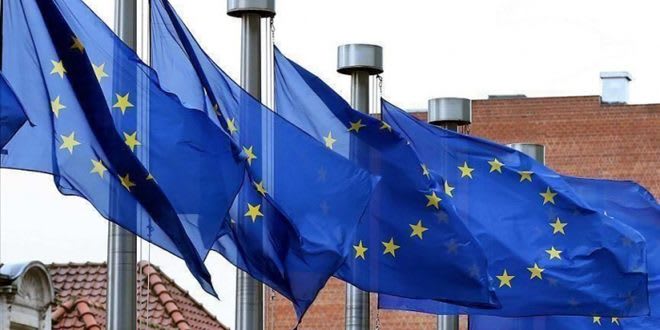The European Union is considering easing sanctions on Syria under specific conditions.

European Union foreign ministers discussed the possibility of further easing sanctions on Syria during their meeting on Monday, April 14 in Brussels, as part of evaluating recent developments following the fall of Bashar al-Assad's regime late last year.
Kayla Callas, the EU's foreign policy chief, emphasized that the meeting involved intensive dialogue on the situation in Syria, noting that reconstruction requires providing basic services. She added: "We have not yet seen sufficient steps from the new leadership, and although the situation remains fragile, it carries some hope."
Callas explained that member states agreed to assess the actions taken so far, especially after some sanctions were lifted previously, focusing on setting clear conditions for the next steps. She said: "We are working on formulating a proposal that includes red lines and technical standards that must be met before moving forward," indicating that any progress will be conditional on the Syrian authorities' commitment to European standards.
This discussion comes months after a partial easing of sanctions that began in December 2024, following the political change in Syria.
The European Union had previously approved a roadmap in January for a gradual easing of sanctions, with Callas warning that "lifting sanctions is reversible if inappropriate steps are taken."
In a practical step, the European Union suspended sanctions on the oil and transport sectors in February, and removed 5 entities from the freeze lists, including the Industrial Bank, the Popular Credit Bank, and Syrian Arab Airlines, while allowing financial resources to be provided to the Central Bank of Syria to support humanitarian sectors and reconstruction.
Callas confirmed that final decisions will depend on technical evaluation and compliance with European conditions, with the possibility of adjusting the course if the required progress is not achieved, stating: "We will return to discuss the next steps after completing the technical specifications," emphasizing that the European Union seeks to balance supporting stability in Syria and ensuring compliance with governance commitments and human rights.